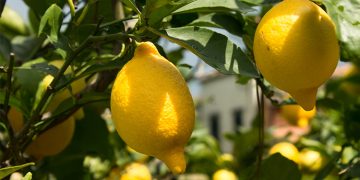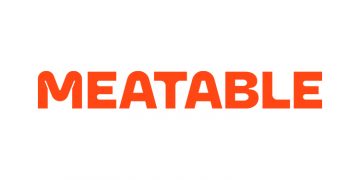Cargill Turkey led the way by providing with the greatest support the farmers, who have been working body and soul to prevent a food crisis as our country’s fight against COVID-19 continues. While sending health equipment to the corn and sunflower farmers to protect them against COVID-19, Cargill also implemented another first in the industry, the company migrated to the digital platforms its trainings on digitalization in agriculture, farm economy and zero waste with a view to increasing productivity in agriculture.

As COVID-19, which has spread across the entire world, once again reminds us of the importance of food supply and sustainable agriculture, the heroic farmers continue production in their fields as they perform the vital task of meeting the food need of our country without interruption. Cargill has become one of the leading institutions providing the farmers with the greatest support in this period by supplying the farmers, who never even think of leaving their fields empty in this difficult time and produce food to meet the needs of our country.
Cargill Turkey provided a health package containing a sanitizer, mask, face shield and gloves to 1.500 farmers and families who participated the ‘1,000 Farmers 1,000 Prosperity’ program that aims at increasing the welfare of the farmers and to support social and digital transformation in agriculture, launched last year. In line with the motto “There is life at home”, Cargill brought to the homes of farmers on live webcasts the trainings held annually in April before planting. As part of the collaboration with İstanbul Technical University, which is among the leading institutions in the development of agriculture, and Doktar, which develops digital agricultural products were broadcasted live on the website 1000Ciftci1000Bereket.com on 20-21 April in a first in the industry.

Murat Tarakçıoğlu: “We stand by our farmers who continue to produce with all their strength in this challenging period”
Murat Tarakçıoğlu, Chairman of the Board, Middle East, Turkey and Africa at Cargill, underlined the vital importance of farmers, and said “This pandemic once again illustrated how crucial farmers and agriculture are as a main source of life for us. As we always say, we value heroic Turkish farmers. With the same perspective, we launched the ‘1,000 Farmers 1,000 Prosperity’ program in Turkey and achieved up to 21% increase in the production of participants of the program in the first year. Under the program, we moved to a digital platform our face-to-face trainings with farmers with the motto, ‘There is life at home.’ The interest and high participation rate of hundreds of farmers showed us once again: Turkish farmers are open to digital transformation and are ready to demonstrate their efforts when supported. Labor is the supreme value and we are pleased to support our farmers who work devotedly with trainings and consultancy service. With the power we get from this collaboration and interest, we will continue to support this program consistently. I thank İstanbul Technical University and Doktar for their collaboration and contributions in the efforts we have undertaken to this end.”
Farmers asked questions and experts answered on live webcast
Corn producers from İzmir, Konya and Karaman as well as sunflower producers from Ankara and Balıkesir attended interactively in the trainings with their questions and comments on live webcasts, where experts provided information about zero waste management, farm budget and agricultural techniques.
During the trainings in April 20-21, İstanbul Technical University Prof. Dr. Filiz Karaosmanoğlu, lectured on ‘Zero Waste Management System’ as a part of the project done in collaboration with Cargill and İstanbul Technical University to reduce waste in agriculture in Turkey. She pointed to the impact on the environment and climate change of the waste released during corn and sunflower production. Also at the training Doktar Agriculture Field Operations Director and agricultural engineer Dr. Nihat Mıdıkoğlu emphasized the importance of correct fertilization and irrigation in increasing productivity. Farmers were also briefed about budget planning.
Hundreds of farmers who participated, expressed that the trainings were very informative and useful. Umut Ayberk Akbay, a corn farmer who attended on the trainings via digital platform, said, ‘As a farmer, it is very valuable to learn about the importance of the soil analyses, smart fertilization and the efficient cultivation techniques before planting process via online platform. It is difficult to compete with the world by using the techniques applied since ancient times. We can increase our productivity by applying the theoretical knowledge that we’ve received from these trainings.’
















